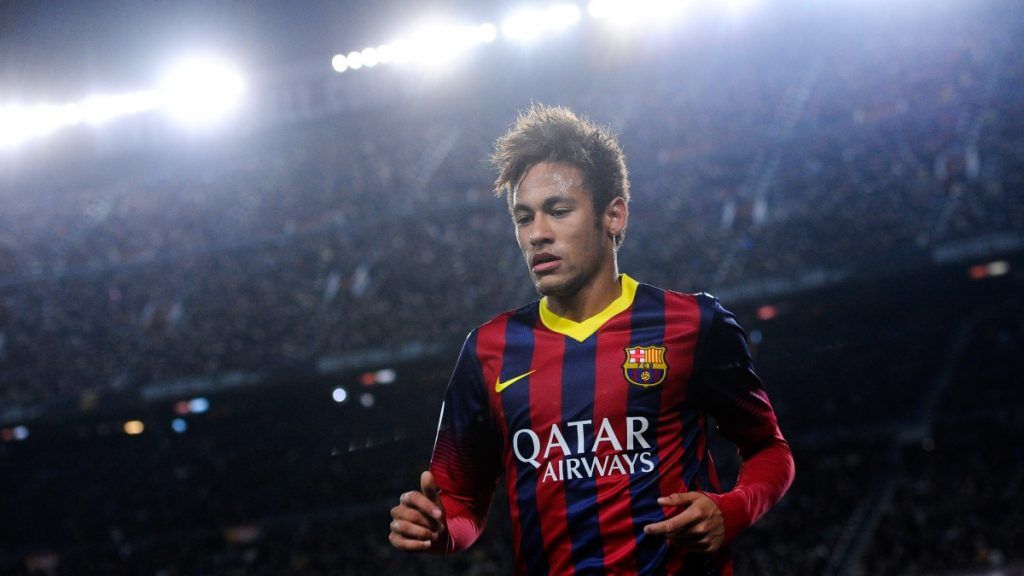

Share
31st October 2018
12:05pm GMT

 Reports from Spain now suggest the national court has decided at the last minute to refer to the Criminal Chamber in front of three magistrates.
The fact that three judges will sit on the case means sentences can be extended past five years as they are deemed as more serious.
Catalan newspaper Lavanguardia report that they have had access to a ruling which reveals that if found guilty, the sentence could be anything from four to six years.
Having made several appeals, Bartomeu's final attempt was rejected last year and he must now stand trial over the transfer alongside his former player Neymar, who now plays for Paris Saint-Germain.
Barça originally claimed that they had only paid €17.1 million for the 26-year-old, but a complaint made from a club member prompted a legal case to ensue.
Former Barça president Sandro Rosell was forced to resign after it was revealed that the club agreed to pay Neymar €40m in wages. Bartomeu, who succeeded Rosell, then revealed that Barça had actually paid Santos a fee of €86.2m.
A Brazilian investment company DIS then got involved, claiming that they were owed 40% of the fee and have not received the full amount.
Neymar claims that this is a case for the Brazilian justice system, rather than Spain's.
The prosecutor's office says the deal altered "the free market of football players by preventing the player from entering the market in accordance with the rules of free competition".
Reports from Spain now suggest the national court has decided at the last minute to refer to the Criminal Chamber in front of three magistrates.
The fact that three judges will sit on the case means sentences can be extended past five years as they are deemed as more serious.
Catalan newspaper Lavanguardia report that they have had access to a ruling which reveals that if found guilty, the sentence could be anything from four to six years.
Having made several appeals, Bartomeu's final attempt was rejected last year and he must now stand trial over the transfer alongside his former player Neymar, who now plays for Paris Saint-Germain.
Barça originally claimed that they had only paid €17.1 million for the 26-year-old, but a complaint made from a club member prompted a legal case to ensue.
Former Barça president Sandro Rosell was forced to resign after it was revealed that the club agreed to pay Neymar €40m in wages. Bartomeu, who succeeded Rosell, then revealed that Barça had actually paid Santos a fee of €86.2m.
A Brazilian investment company DIS then got involved, claiming that they were owed 40% of the fee and have not received the full amount.
Neymar claims that this is a case for the Brazilian justice system, rather than Spain's.
The prosecutor's office says the deal altered "the free market of football players by preventing the player from entering the market in accordance with the rules of free competition".
Explore more on these topics: